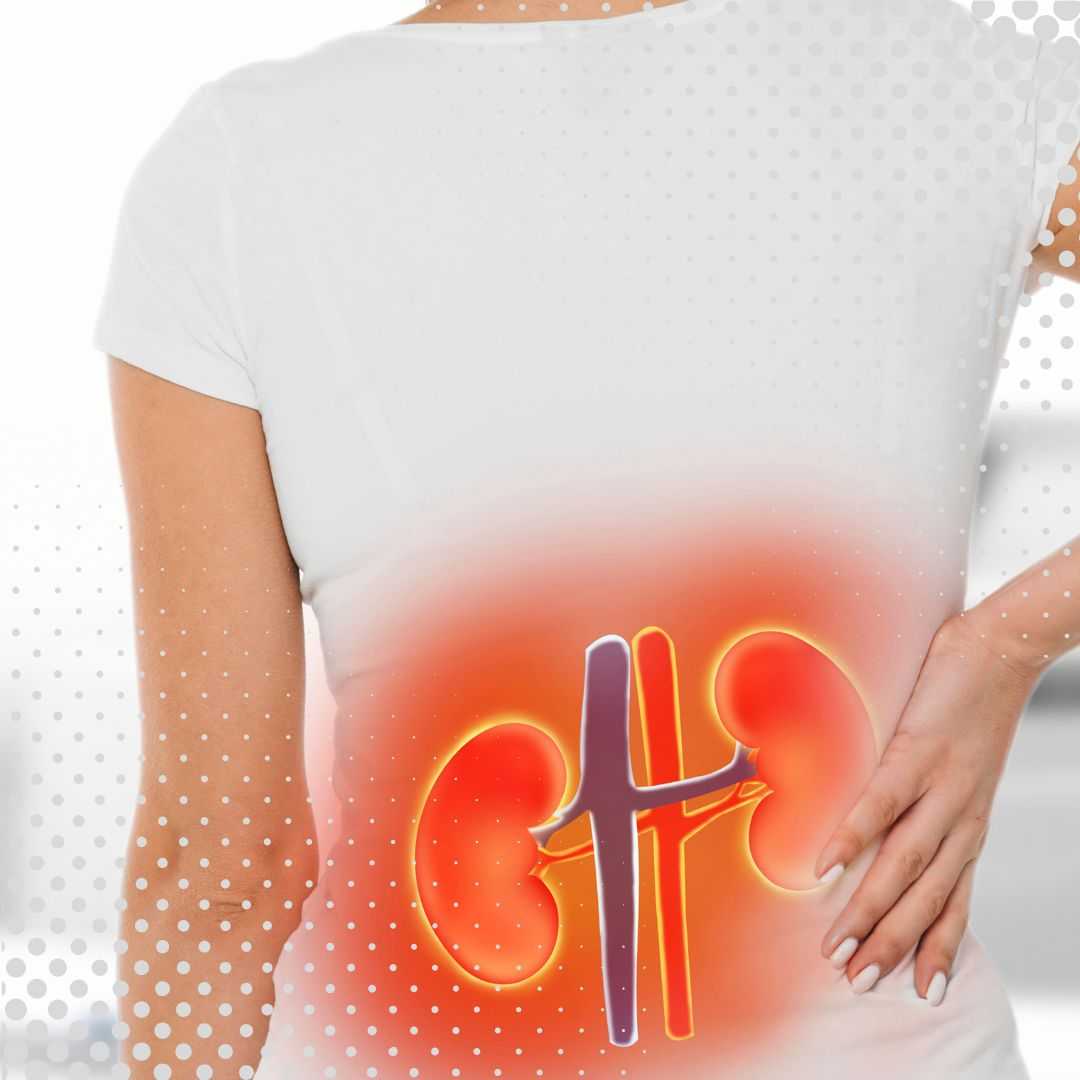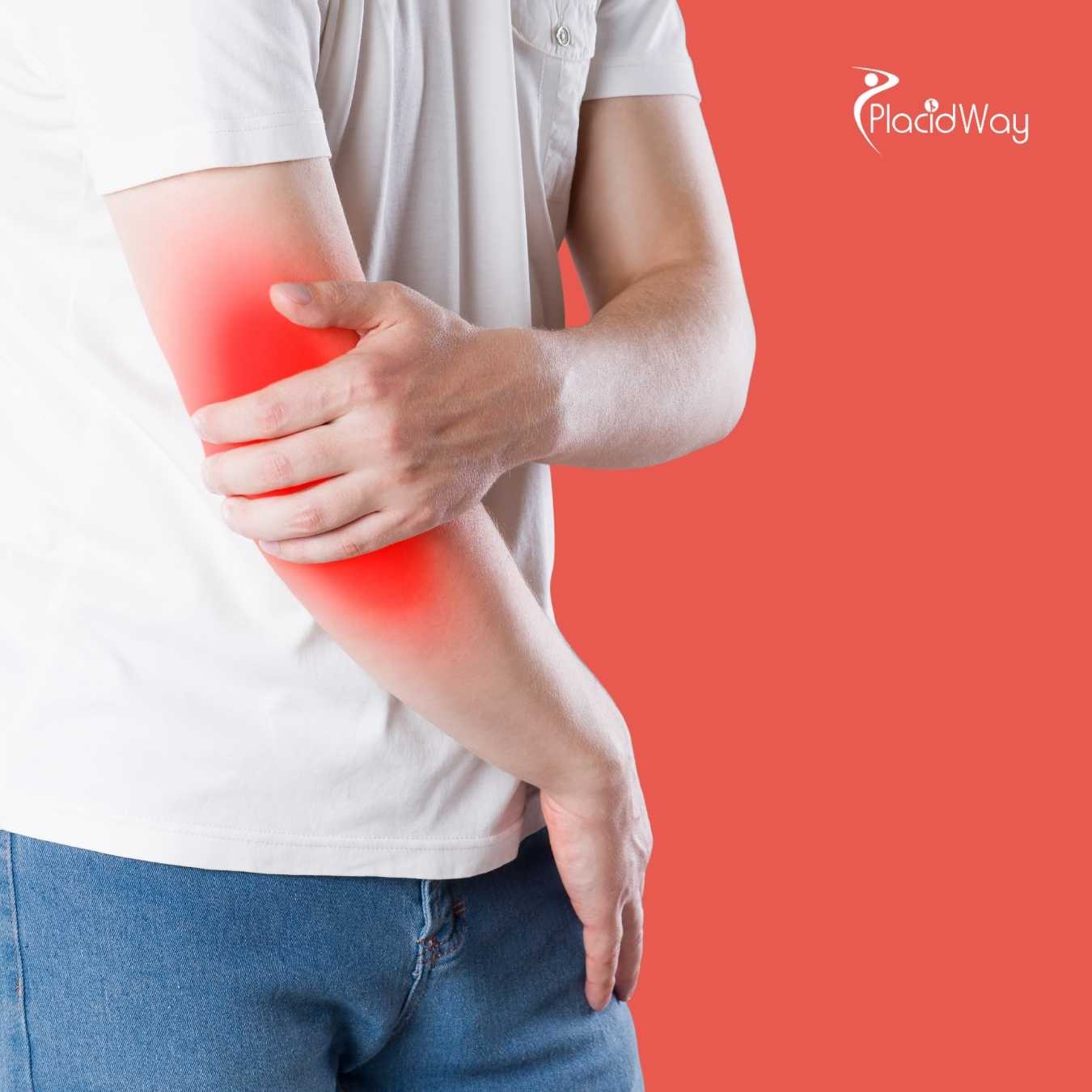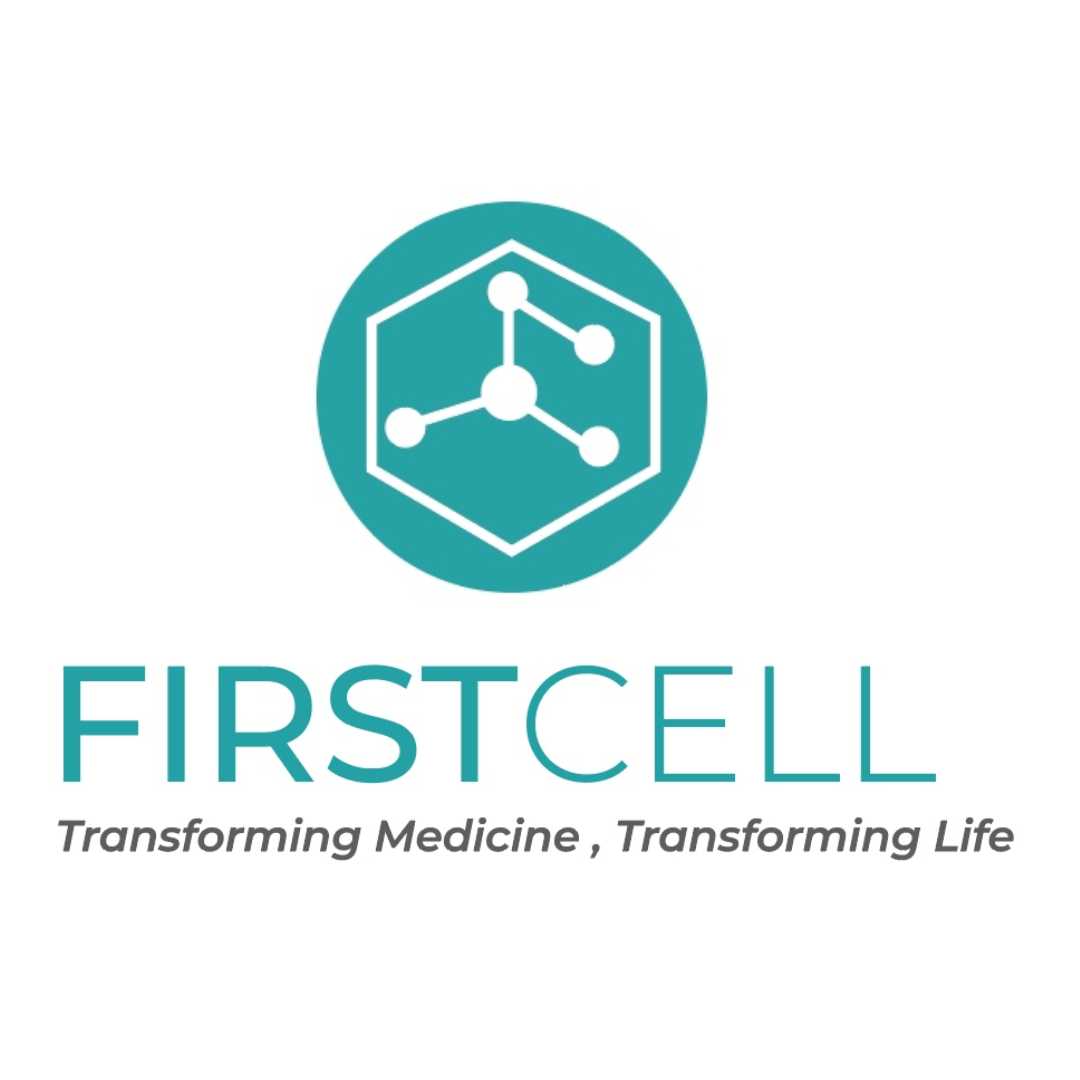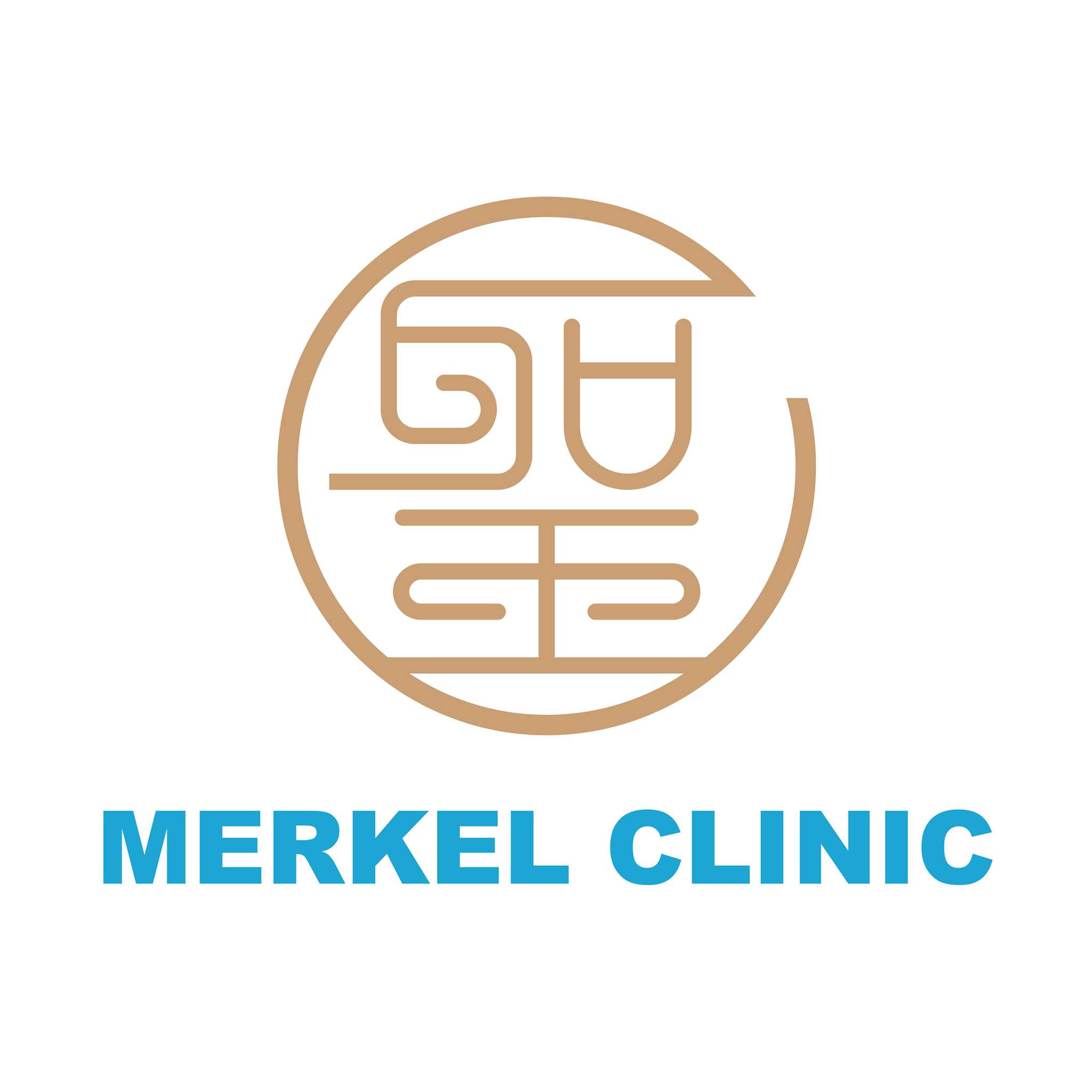.png)
As knee osteoarthritis becomes increasingly common, many Egyptians are exploring Stem Cell Therapy for Knee Osteoarthritis in Malaysia to find lasting relief and joint regeneration. This advanced treatment goes beyond managing pain, harnessing the body’s own healing power to repair damaged cartilage and restore mobility.
With high costs and limited access to regenerative medicine at home, Egypt’s patients are turning to Malaysia’s world-class medical centers. The country’s advanced technology, expert specialists, and affordable care make it a leading destination for those seeking a long-term solution to knee pain.
Key Takeaways
-
Malaysia offers significant cost savings of 50-70% for knee osteoarthritis stem cell therapy compared to the Middle East and Europe, without compromising on quality.
-
The therapy utilizes a patient's own stem cells (autologous) to regenerate cartilage, reduce inflammation, and alleviate pain, offering a minimally invasive alternative to knee replacement surgery.
-
Leading Malaysian hospitals are internationally accredited (e.g., by JCI) and staffed by specialists with extensive experience in regenerative orthopedics.
Cost Comparison for Stem Cell Therapy for Knees (per knee):
-
Malaysia: $4,000 - $8,000
-
Egypt: $7,000 - $12,000 (where available and regulations permit)
-
UAE (Dubai): $10,000 - $18,000
-
Europe (e.g., Germany): $9,000 - $15,000 (€8,000 - €14,000)
Decoding Knee Osteoarthritis
Knee osteoarthritis is a degenerative joint disease characterized by the breakdown of cartilage, the protective tissue that cushions the ends of your bones. This leads to pain, stiffness, and reduced mobility as bones begin to rub against each other.
Often referred to as "wear and tear" arthritis, osteoarthritis is the most common form of arthritis. The smooth, white cartilage that allows the knee joint to move frictionlessly gradually wears away. As the disease progresses, this can lead to the formation of painful bone spurs, inflammation of the joint lining, and a significant loss of function.
Key risk factors for developing knee osteoarthritis include:
-
Age: The risk increases significantly after the age of 45.
-
Weight: Excess body weight puts increased stress on the knee joints.
-
Genetics: A family history of osteoarthritis can increase your susceptibility.
-
Previous Injuries: Past knee injuries, such as ligament tears or fractures, can predispose a joint to arthritis.
-
Repetitive Stress: Occupations or sports that involve repetitive knee bending and stress can accelerate cartilage wear.
.png)
The Science of Stem Cell Therapy: A Regenerative Revolution
Stem cell therapy for knee osteoarthritis is a non-surgical procedure that harnesses the power of your body's natural repair cells. These undifferentiated cells are injected into the knee to stimulate the regeneration of damaged cartilage and reduce inflammation.
The human body has a reservoir of stem cells, which are unique because they can develop into many different types of cells. For orthopedic treatments, doctors typically use mesenchymal stem cells (MSCs). These are "autologous," meaning they are harvested from the patient's own body, usually from adipose (fat) tissue or bone marrow.
The procedure involves three main steps:
-
Harvesting: A small sample of fat tissue (usually from the abdomen) or bone marrow (from the hip) is collected under local anesthesia.
-
Processing: The collected sample is taken to a lab where the stem cells are isolated and concentrated using a centrifuge.
-
Injection: The concentrated stem cells are then precisely injected into the knee joint, often using ultrasound guidance to ensure accurate placement.
Once inside the joint, these stem cells act as a "repair crew." They can differentiate into new cartilage cells, release powerful anti-inflammatory proteins that reduce pain and swelling, and signal other local cells to aid in the healing process.
Did You Know? Malaysia's Ministry of Health has established stringent guidelines and a national registry for stem cell procedures, ensuring that treatments are not only innovative but also safe and ethically conducted.
Why Malaysia Stands Out for Egyptian Patients
For Egyptian patients, Malaysia offers a unique blend of advanced medical technology, world-class expertise, affordability, and a Muslim-friendly environment, making the medical journey both effective and comfortable.
Malaysia's appeal as a medical tourism hub for orthopedics is built on several strong pillars:
-
Advanced Technology and Expertise: Malaysian medical centers invest heavily in the latest regenerative medicine technologies. Orthopedic surgeons often have international qualifications and are well-versed in the most current stem cell protocols.
-
Stringent Quality Standards: Many hospitals are accredited by bodies like the Joint Commission International (JCI), a gold standard for healthcare quality and patient safety. This assures patients they are receiving care that meets global benchmarks.
-
Exceptional Affordability: The cost of living and operating medical facilities in Malaysia is lower than in many Western and Middle Eastern nations. These savings are passed on to patients without sacrificing the quality of the procedure or the technology used.
-
Cultural and Religious Comfort: As a Muslim-majority country, Malaysia offers a familiar and comfortable environment for Egyptian patients. Halal food is widely available, mosques are plentiful, and the culture is known for its warmth and hospitality.
-
Ease of Travel and Communication: English is widely spoken in Malaysia, especially in the healthcare sector, eliminating communication barriers. Visa processes are generally straightforward for Egyptian nationals seeking medical treatment.
.png)
The Cost Factor: Analyzing the Financial Benefits
The financial incentive for undergoing knee stem cell therapy in Malaysia is substantial. Egyptians can save thousands of dollars on the procedure while receiving care in a world-class medical facility.
A detailed cost comparison reveals the clear economic advantage of choosing Malaysia for this innovative treatment.
Disclaimer: These costs are estimates and can vary based on the clinic, the complexity of the case, and the specific protocol used.
Expert Insight: "Stem cell therapy is a game-changer for moderate knee osteoarthritis. It's most effective for patients who aren't ready for a full knee replacement but are no longer getting relief from conservative treatments. In Malaysia, we combine this innovative therapy with a comprehensive rehabilitation program to ensure optimal, long-lasting results for our international patients."
Your Medical Journey from Egypt to Malaysia: A Step-by-Step Guide
Traveling for medical care can seem complex, but a well-planned itinerary and the support of a medical tourism facilitator can make the process seamless and worry-free.
Here is what an Egyptian patient can expect when planning their trip to Malaysia for knee stem cell therapy:
-
Remote Consultation: The journey begins with sharing your medical records, including recent MRI scans of your knee, with a Malaysian orthopedic specialist for a remote evaluation.
-
Treatment Plan and Quotation: Based on your records, the clinic will confirm your candidacy for stem cell therapy and provide a detailed treatment plan along with a transparent cost estimate.
-
Logistical Arrangements: With the help of a facilitator like PlacidWay, you can arrange your flights, visa (if necessary), and accommodation. Many hospitals offer packages that include airport transfers and hotel stays near the facility.
-
Arrival and Pre-Procedure Evaluation: Upon arrival in Malaysia, you will have an in-person consultation and a final physical examination. The medical team will walk you through the procedure and answer any last-minute questions.
-
The Procedure: The stem cell harvesting and injection are typically performed on the same day as an outpatient procedure, meaning you won't need an overnight hospital stay.
-
Recovery and Rehabilitation: You will be advised to rest for a few days post-procedure. The clinic will provide a tailored physiotherapy plan to help you regain strength and mobility. Most patients stay in Malaysia for 7-10 days for initial recovery and follow-up.
-
Return Home and Continued Care: The Malaysian medical team will provide a full report for your doctor back in Egypt and will remain available for remote follow-up consultations as you continue your recovery.
Frequently Asked Questions (FAQs) for Egyptians
How long does the stem cell therapy procedure take?
The entire process, from harvesting the stem cells to the final injection into the knee, is usually completed within 3 to 4 hours. It is an outpatient procedure, so you can return to your hotel the same day.
Is stem cell therapy for knees painful?
Both the harvesting site and the knee are numbed with local anesthesia, so discomfort during the procedure is minimal. You may experience some soreness and swelling in the knee for a few days afterward, which is a normal part of the healing process.
How soon will I see results after the treatment?
While some patients report initial pain relief within a few weeks due to the anti-inflammatory effects, the full regenerative benefits can take 3 to 6 months to materialize as the new cartilage tissue grows and integrates.
Am I a good candidate for this therapy?
The ideal candidates are typically those with mild to moderate knee osteoarthritis who have not had success with conservative treatments like physiotherapy or cortisone injections. It is generally not recommended for those with bone-on-bone, end-stage arthritis.
How long do the effects of stem cell therapy last?
Many studies have shown that the positive effects, including pain reduction and improved function, can last for several years. The longevity of the results can be enhanced by maintaining a healthy weight and following the recommended rehabilitation exercises.
What is the success rate?
Success rates are high, with over 80% of patients reporting significant improvements in pain and mobility. Success depends on factors like the severity of the arthritis, the patient's overall health, and adherence to post-procedure rehabilitation.
Is it safe to travel back to Egypt after the procedure?
Yes, it is generally safe to fly a few days after the procedure. The medical team will provide you with specific guidelines for traveling, such as performing simple exercises during the flight to prevent stiffness.
Begin Your Journey to a Pain-Free Life with PlacidWay
Don't let knee pain dictate your life. PlacidWay is your trusted partner in accessing world-class, affordable stem cell therapy for knee osteoarthritis in Malaysia. We connect you with accredited medical centers and handle all the details, so you can focus on your healing.
Contact PlacidWay today for a free, no-obligation quote and take the first step towards regenerating your knees and reclaiming your mobility.




.png)
-Package-in-Kuala-Lumpur,-Malaysia-by-FirstCell.jpg)



.png)
.png)

.png)






Share this listing